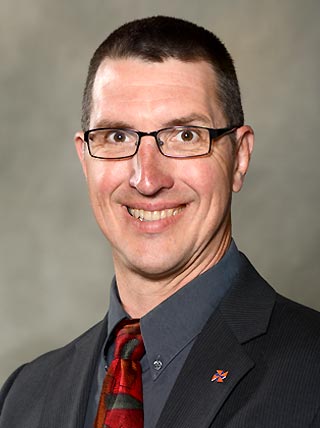Progress on COVID-19 Treatment

Richard Mularski, MD

Stephen Fortmann, MD
In March, CHR began a randomized clinical trial that tested the antiviral drug remdesivir (brand name Veklury) as a treatment for members hospitalized with COVID. The trial, led by Senior Investigator Richard Mularski, MD, tested treatment for five days compared with treatment for ten days. Distinguished Investigator Stephen Fortmann, MD, a study Co-Investigator, reports that equivalent results between the groups have led health care providers to use a 5-day regimen of remdesivir for members hospitalized with COVID in most cases. A different remdesivir study conducted by the National Institutes of Health (NIH), which CHR was not a part of, found that patients with severe COVID who received remdesivir recovered more quickly than patients who received a placebo.
Two more studies funded by NIH and led by Dr. Mularski have been completed at Kaiser Permanente Northwest’s Sunnyside and Westside hospitals. These studies tested adding treatments to remdesivir. In the first study, baricitinib (brand name Olumiant), a drug used to treat rheumatoid arthritis, was tested. The study compared remdesivir plus a placebo with remdesivir plus baricitinib, enrolling 1,033 people worldwide.
The results, which were published in December 2020 in the New England Journal of Medicine, showed that combining remdesivir and baricitinib was more effective at treating COVID-19 than remdesivir alone. More patients recovered in the group receiving the combination, and patients in this group had a shorter time to recovery. Hospitalized patients needing oxygen appeared to benefit the most. These results represent important progress in understanding how to treat COVID-19. Kaiser Permanente Northwest and CHR were the only KP sites nationally participating in this particular trial.
The second NIH study at KPNW compared remdesivir plus a placebo with remdesivir plus interferon-beta 1a (brand name Rebif), a drug used to treat Multiple Sclerosis. This trial closed enrollment on November 11th, and results are not yet available.